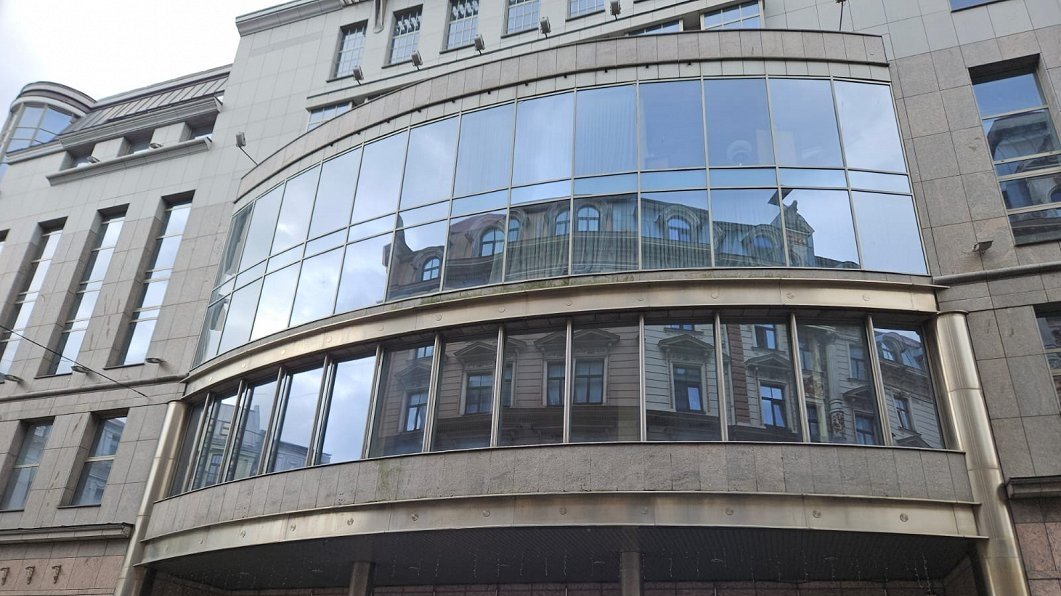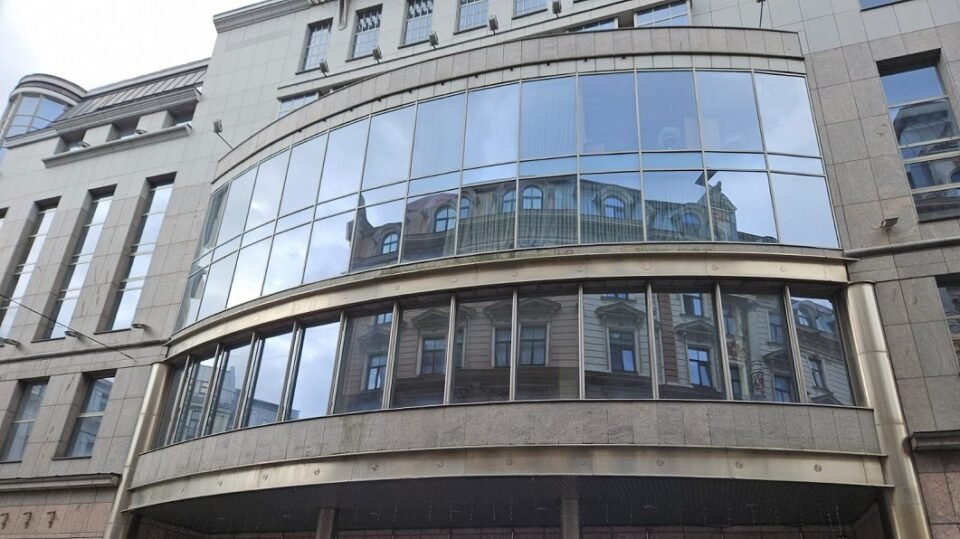Rietumu Bank Raises Alarm over Potential Property Nationalization in Latvia

In a world where geopolitical tensions can sway the trajectory of international finance and investments, the latest development involving Rietumu Bank, a Latvian bank, is a case in point.
Rietumu, partly owned by Dermot Desmond, has raised red flags over the potential nationalization of a property in Riga, Latvia, a building believed to have ties to Moscow.
The Stakeholder’s Concern
The bank, where Desmond has a 33.1% stake, has expressed its apprehensions to the Latvian parliament. The core concern revolves around the risk that such nationalization might trigger reciprocal asset seizures by Russia and its ally, Belarus.
This situation amplifies the delicate balance that needs to be upheld in the sphere of international relations and property rights, particularly in periods of heightened geopolitical tensions.
Implications of Political Decisions on Finance
The bank’s warning echoes more than just a singular concern. It is reflective of the broader implications that political decisions can have on international finance and the stability of foreign investments.
In a world where the boundaries of nations are becoming increasingly fluid due to economic interdependence, decisions such as asset nationalization can have far-reaching consequences.
Balance in International Relations
The situation involving Rietumu Bank underlines the need for tact and equilibrium in international relations. It highlights how, in a global economy, actions taken in one country can have ripple effects across borders, affecting not just political relations but also the stability of foreign investments and the trust of international investors.
In this case, the apprehensions of a Latvian bank over a potential property nationalization in Riga, and its potential repercussions, paint a vivid picture of the interconnected world of finance and diplomacy.

